Hello!
This is the fourth quarter newsletter for the International Society for Biocuration, and the first newsletter from your new 2018/2019 ISB Executive Committee.
Welcome to the New Executive Committee!
I would like, on behalf of all the membership, to welcome our new committee members, Jane Lomax, Fredric Bastian and Mary-Ann Tuli, to their roles and to thank the outgoing members, Cecilia Arighi, Suzanna Lewis and Zhang Zhang for all their hard work. We look forward to a busy 12 months with both the Biocuration Career Award and the Exceptional Contribution to Biocuration Award to be made, and conference travel fellowships, microgrants and exchange fellowships to be decided upon. We hope you will contact us with ideas on how we enhance the profile of Biocuration in the scientific community and take the opportunity to talk to members of the EC if you are attending the 2019 Biocuration conference in Cambridge UK.
We look forward to working with you, and for you, in 2018/19
Sandra Orchard, Chair
The Executive Committee
Submit your nominations for 2019 Biocuration Awards
 In 2019 ISB will give two different awards to people who have made a significant impact in the field of biocuration. We welcome your nominations! The deadline is January 04, 2019.
In 2019 ISB will give two different awards to people who have made a significant impact in the field of biocuration. We welcome your nominations! The deadline is January 04, 2019.
More info here.
Postgraduate Certificate in Biocuration
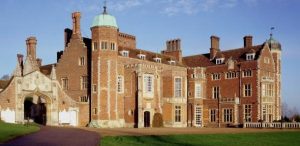
This October, the University of Cambridge, UK was pleased to welcome its first cohort of students on the Postgraduate Certificate in Biocuration.
This Master’s level award is offered by the Institute of Continuing Education (ICE) and is completed in one year.
The course has been been designed to provide a route for new biocurators to develop a knowledge of the field and the skills required to work within it; provide those already working in the field with the opportunity to expand their knowledge and current skill set, and to provide a formally recognized qualification for Biocuration.
Most of the three module course is delivered via the VLE (Virtual Learning Environment), with a 3 or 4 day face-to-face workshop providing more hands on learning.
More information can be found here.
The first 3 day workshop took place at the magnificent Madingley Hall in Cambridge, UK in October, and introduced the students to the Principles of Biocuration. The workshop gave the students a chance to get to know each other and many of the course tutors.
Microgrant Report: CIViC-hosted hackathon and curation workshop
By Kilannin Krysiak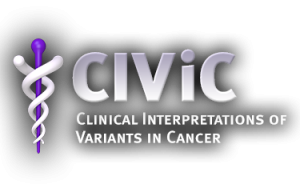
The second CIViC-hosted hackathon and curation workshop was held as an open-format one and a half day pre-conference to the 2018 ASHG meeting in San Diego. Over 50 Attendees were present representing over 20 organizations and institutions from multiple countries. Session topics were suggested by attendees and CIViC team members and covered coding (hackathon) and issues in cancer variant representation and curation.
Read more here.
 Microgrant Report: 9th annual International Conference on Biological Ontologies (ICBO2018)
Microgrant Report: 9th annual International Conference on Biological Ontologies (ICBO2018)
Ontologies for Health, Food, Nutrition and Environment: A partnership with BIG-Data and Analytics
By Pankaj Jaiswal
Oregon State University hosted the 9th annual International Conference on Biological Ontologies (http://icbo2018.cgrb.oregonstate.edu). The theme of the ICBO2018 was Ontologies for Health, Food, Nutrition and Environment A partnership with BIG-Data and Analytics. ICBO2018 was a marquee event celebrating the 150th anniversary of the founding of Oregon State University (OSU150).
ICBO2018 concluded with a vote of thanks and the announcement for 10th ICBO (ICBO2019) to be held at the University at Buffalo, New York, USA. More info will be shared when it is available.
Read the full microgrant report on ICBO2018 here.
Announcement: 21st Genomic Standards Consortium Meeting
Dates: May 20-23, 2019
GSC 21st 3-day meeting will highlight the nexus of genomic standards and innovative methods in genomics. The meeting in charming Vienna will bring together people from many fields, including microbiology, microbial ecology, bioinformatics, medicine and system biology.
Registration will open January 14th, 2019
Recommendations for sustainable genomics and genetics databases for agriculture
The AGBioData Consortium is made up of scientists from 32 genetic, genomic and breeding databases in the agricultural sector. A list of member databases can be seen here: https://www.agbiodata.org/databases.
This group is developing standards and best practices that can be adopted uniformly across agricultural databases to increase both interoperability and user experience. Focus areas include biocuration, metadata and persistence, ontologies, database platforms, programmatic access to data, and communication. A recent publication outlining AgBioData consortium recommendations is here: https://academic.oup.com/database/article/2018/2018/bay088/5096675
The challenge with standards and best practices is not defining them, but implementing them. They will be focused on implementation of standards and best practices in the next few years.
Congratulations to Ruth Lovering!
Ruth Lovering was recently promoted to a Professorial Research Fellow at UCL!
Ruth serves as the Lead of the UCL Functional Gene Annotation, a group which provides literature curation to support Gene Ontology (GO) and protein interaction data annotation. The Functional Gene Annotation team also teaches a bioinformatics module for the UCL Genetics Institute’s MSc in Genetics of Human Disease and an annual workshop on GO and other bioinformatics resources.
Save the date!
12th International Biocuration Conference
West Road concert hall in Cambridge UK will provide the location of the 12th International Biocuration Conference in April 7-10, 2019. This is an ideal forum for biocurators, developers and researchers to collaborate and promote their work within this active and growing community. Participants and submissions are welcome from academia, government and healthcare organizations, and industry. Please check biocuration2019.org, or follow #biocuration2019 on Twitter, for the latest information and details on how to register.
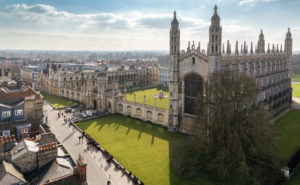
Register here
Abstract submissions and workshop proposals are due December 21st 2018. More info here.
Funding Opportunities from the ISB
The ISB offers microgrants to sponsor local and regional short meetings of ISB members to foster synergy of their work efforts. We’d like to promote requests for funding that address issues surrounding diversity or accessibility.
To promote collaboration and exchange between biocuration groups ISB offers fellowships. The fellowship will fund the visit of a biocurator to another laboratory or organization with extensive experience in biocuration.
Share your news and ideas with the ISB
Have an upcoming paper that you’d like to highlight for the ISB community? Let us know.
We welcome your feedback and ideas. Please contact us at intsocbio@gmail.com

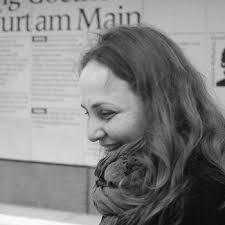
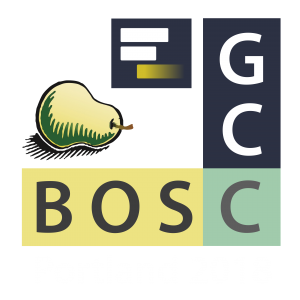

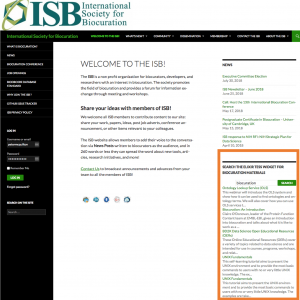
 The Executive Committee Elections will be held this fall for 4 vacancies. The following EC member is up for re-election:
The Executive Committee Elections will be held this fall for 4 vacancies. The following EC member is up for re-election: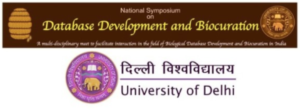
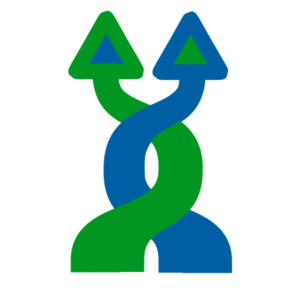
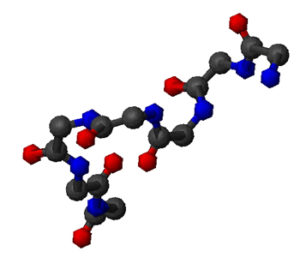
 educational materials are now available online through
educational materials are now available online through 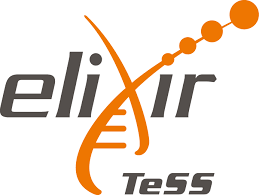
 Congratulations to Dr. Luana Licata from the
Congratulations to Dr. Luana Licata from the